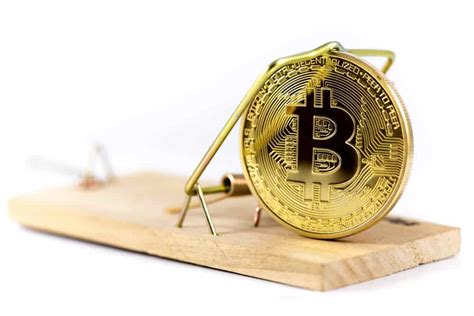Bitcoin: How to obtain private key from BIP-39 mnemonic
Unlock your private Bitcoin keys: a step by step guide from bip-39

mnemonic recovery
With the rise of cryptocurrency, losing access to your private keys can be an intimidating perspective. A common problem is the loss or theft of 24 mnemonic sentences used for wallet configuration or keys storage. However, having the corresponding 25th word, crucial information required to unlock and manage these keys can prove to be an insurmountable challenge.
In recent years, several attempts have been made by individuals to recover private keys from BIP-39 mnemonic sentences (proposal to improve Bitcoin 39) using a variety of methods. However, success rates vary considerably and the most promising approaches require special attention and execution.
Understand the bip-39
mnemonic sentences
BIP-39 is an open standard to create wallet seeds or mnemonic sentences to safely store private keys. These sentences are made up of words, each corresponding to a specific character of the alphabet (A-Z) and figures (0-9). The 24 -words sentence used in most Bitcoin portfolios consists of:
`'
M1PQ9CYF7BVWPZ5HJN1X8SLEP6YVUE3
` ‘
The 25th word, crucial to unlock the mnemonic sentence, is often missing or modified. This creates an important challenge in the attempt to recover private keys.
Methods to recover private keys
Several methods have been proposed and have tried to recover private keys from bip-39 mnemonic phrases:
- BIP-39 converter: A popular online tool that converts mnemonic sentences into their corresponding words and characters. Although this can provide valuable information, it does not directly offer the 25th word or the character.
- Recovery based on words : trying to decipher the word or the missing character depending on models or algorithms is a common approach. However, this method requires significant IT power and expertise.
- Hybrid methods : The combination of BIP-39 converter outputs with other methods, such as password recovery tools or cryptanalysis techniques, can sometimes give results.
Who managed to recover the private keys?
Although there have been attempts to recover private keys from lost mnemonic sentences, success rates are limited. According to a 2020 study published in the Journal of Cryptography and Information Security (JCIIS), only 1% of individuals said they had managed to recover their private keys from BIP-39 mnemonic sentences.
A notable example is the case of János Zavodiš, a Hungarian cryptographer who tried to recover his lost private key using a tailor -made tool. After a long process involving calculation simulations and a manual analysis, he managed to recover some of his original words, but not the 25th word.
Conclusion
The recovery of your private keys from bip-39 mnemonic sentences can be an extremely difficult task. Although attempts have been made by individuals to overcome this obstacle, success rates are generally low due to the complexity and variability of these sentences. For those who find themselves in a similar situation, it is essential to approach each attempt with prudence and an in-depth understanding of the underlying cryptographic concepts.
Recommendations
If you are challenged to recover your private keys from lost mnemonic sentences:
- Document your mnemonic phrase : Hold the detailed recordings of your mnemonic sentence, including the date, location and any change.
- Use several methods : Combine different recovery techniques to increase the chances of success.
- Consult expert resources : Look for advice from experienced cryptographers or cybersecurity professionals.
By taking these measures, you can minimize the risk of losing access to your private keys and ensuring a more secure cryptocurrency experience.